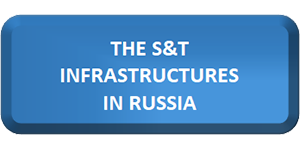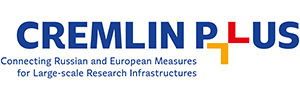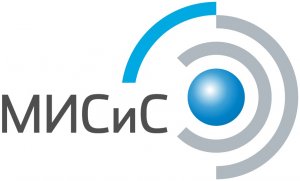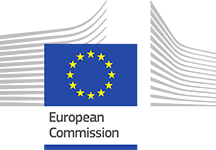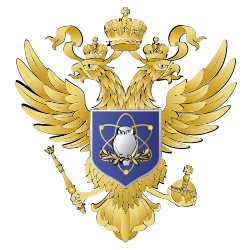CREMLIN plus
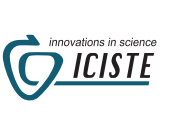
5 Kick-off web conferences with the participation of CREMLINplus
WP8 partners and organizations of the LIST 11
During April-June 2020 Work package 8 (WP8) successfully held 5 Kick-off web conferences with the participations of all WP8 project partners and LIST 11.


Excellence-driven access: The access is competitive and requires a User selection based on the access process of the specific research infrastructure and modalities: the request is evaluated through peer-review conducted by a review panel. Upon selection, Users get access to the facilities, resources or services available. This access mode is intended to enable collaborative research, knowledge transfer, training and best practice, and technological development efforts across geographical and disciplinary boundaries.
Excellence-driven access for international Users is applied through research partnership
Market-driven access: access to research infrastructure services is defined through an agreement between research infrastructure and the User; the access may be tailored to the User needs and may lead to an access fee that may remain confidential. This access is considered Competitive access but may not necessarily involve a peer-review.
Open access: means that the RI services are open to all Users.


